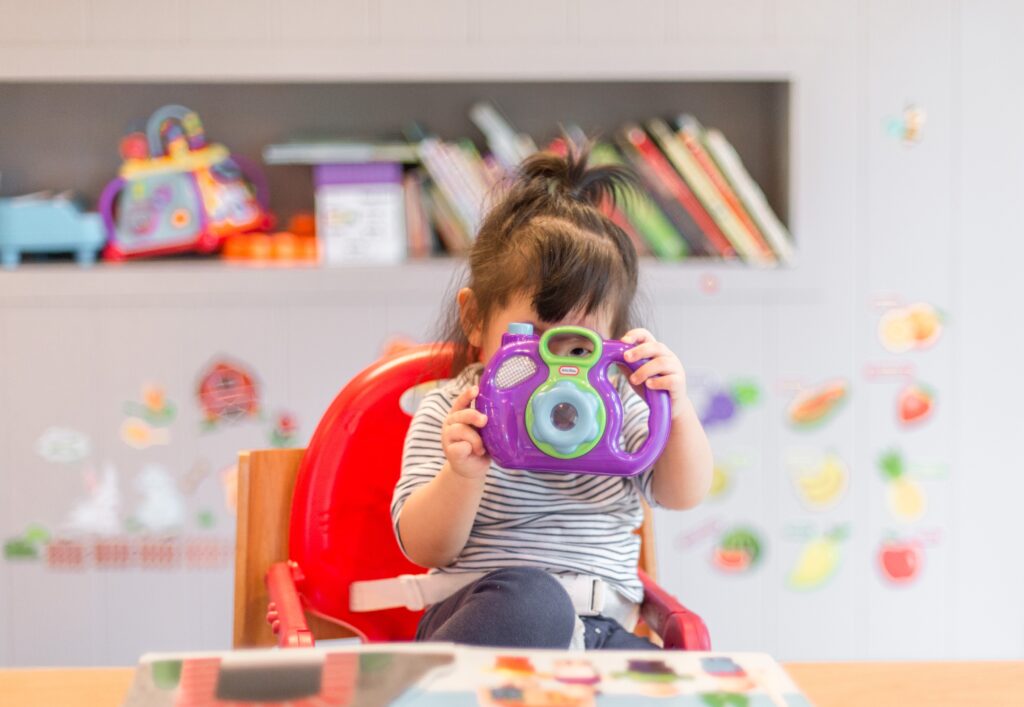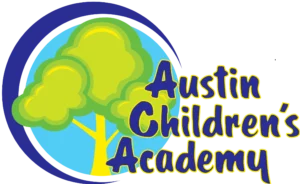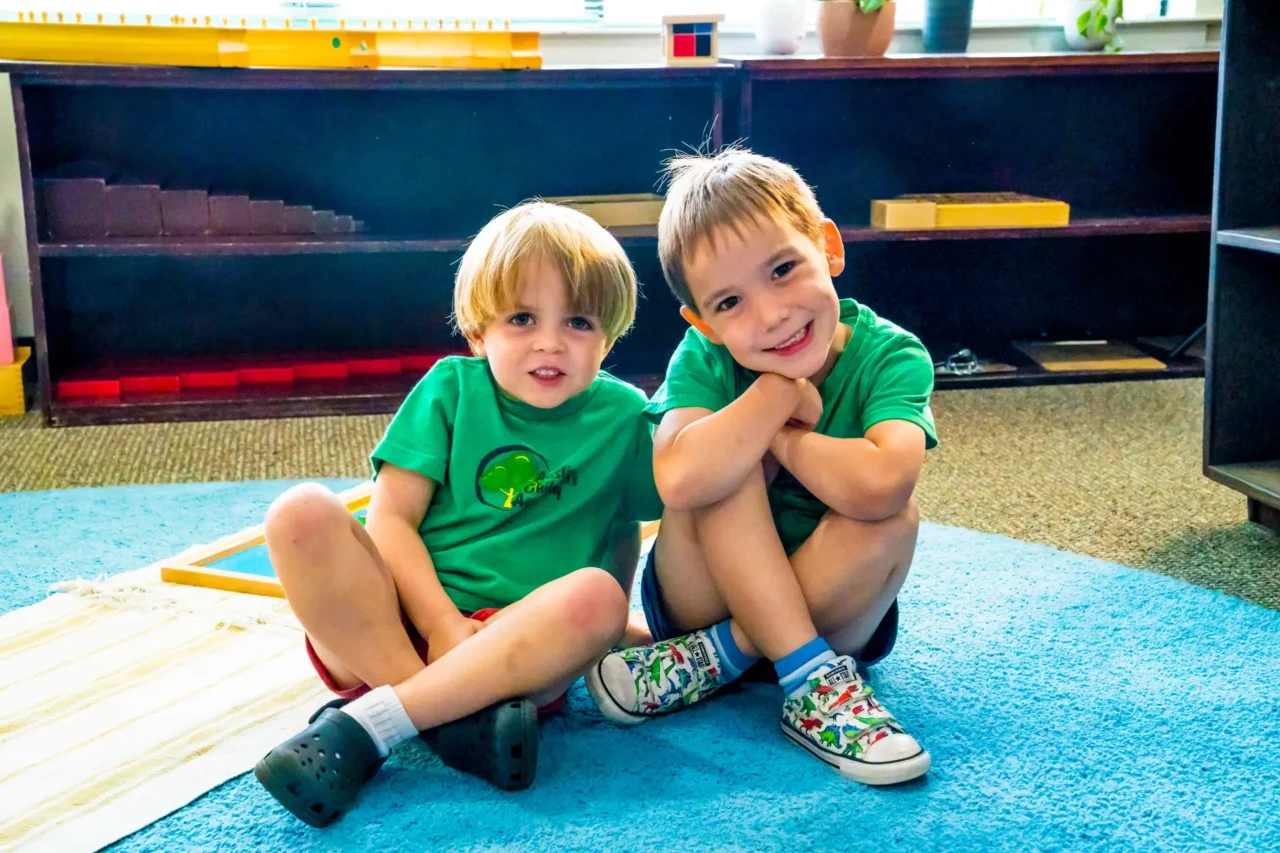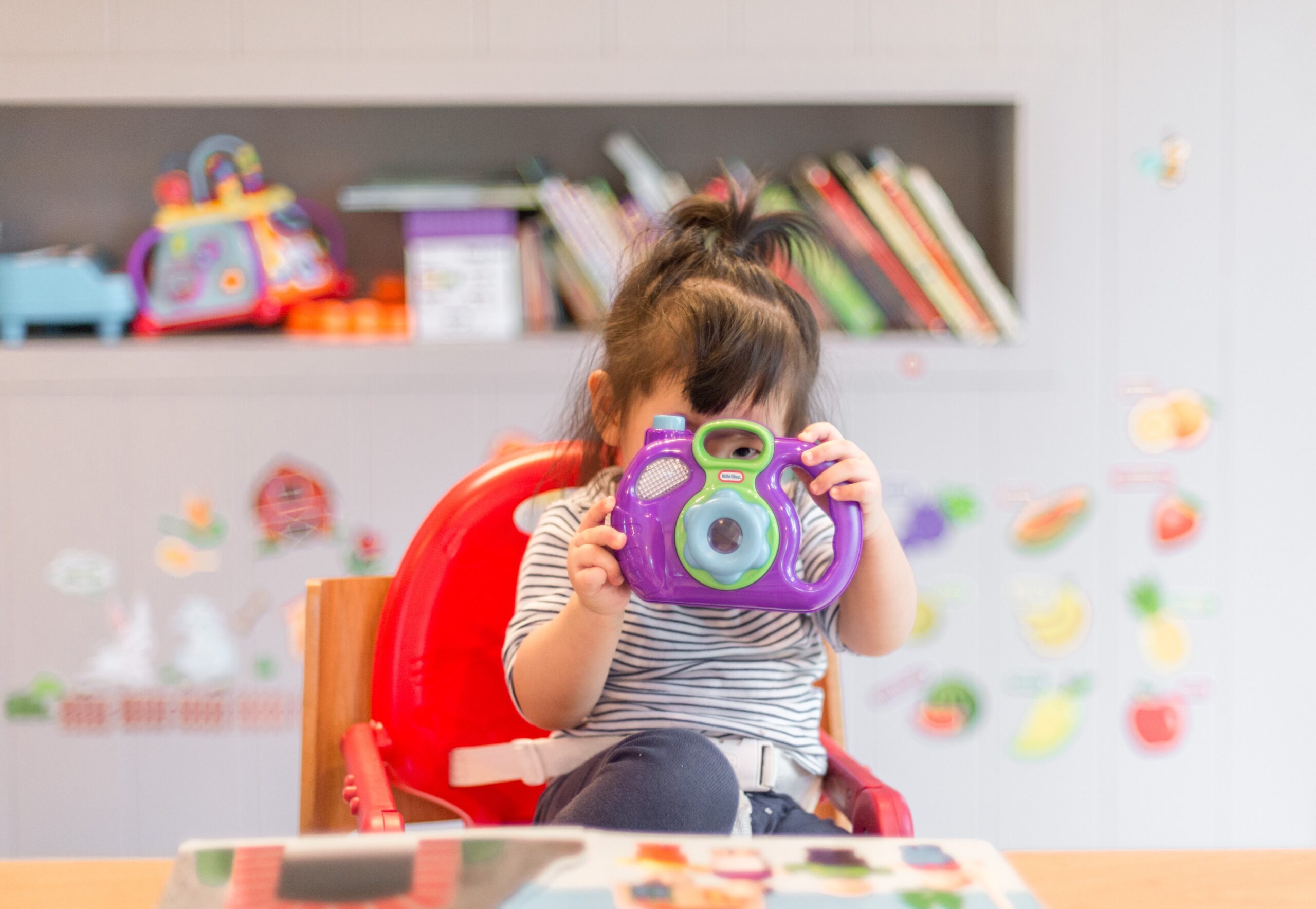
Every preschool promises to give your child an early-life advantage, and most schools are able to deliver on this promise. However, the type of educational philosophy that you choose for your child can have a major impact on the way that they perceive the rest of their academic career. The Waldorf education and the Montessori method are similar philosophies, but they can produce surprisingly different results.
The Waldorf Education
The Waldorf educational method is a holistic philosophy that attempts to raise a child with a healthy balance between mind, body, and spirit. Waldorf schools are known for producing great artists and creative minds.
For young children, the Waldorf method places a strong emphasis on imagination and creativity. Preschool classrooms focus on art, music, dancing, and other creative outlets that teach a child to use the imaginative capabilities that they have at a young age. Academic subjects are introduced at a later age, when students are ready to jump into the “real” world.
The Montessori Method
The Montessori educational method also places an emphasis on creativity, imagination, and play. However, Montessori schools tend to have a stronger focus on academics, real-world skills and practical applications. Students are taught to think and move independently to accomplish goals at their own pace.
In a Montessori preschool, students are provided with a variety of interesting educational materials and given the chance to engage and study for long periods of uninterrupted work time. Artistic and scientific works are available in the classroom, and students are allowed to pursue their own interests.
Ultimately, the decision of whether to put your child in a Waldorf or Montessori preschool depends on the areas in which you would like them to succeed. It’s also important to note that some schools adhere to their pedagogy more strongly than others; the faculty will often have the greatest impact on your child’s success.
Montessori schools teach practical, hands-on learning with an emphasis on developmental growth. Students are encouraged to learn on their own terms, and graduates are usually socially capable and literate in real-world skills. Waldorf schools emphasize imagination and artistic creativity; graduates are in tune with their mental faculties and often have an artistic skill set.
Maria Montessori believed that children should learn at their own pace. There’s no “right” way to explore the world; what matters the most is that your child is learning and enjoying the process.






